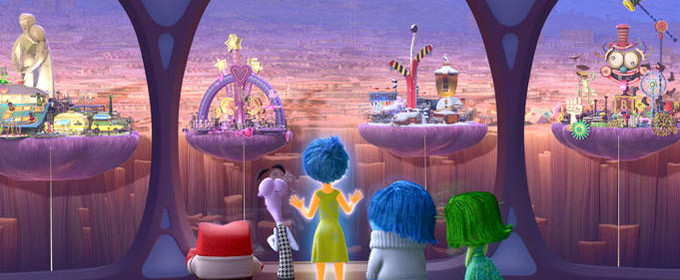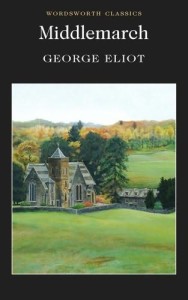The Truman Show

The Truman Show is worth a watch for its premise alone. Imagine your whole world is actually a carefully constructed artificial reality all revolving around you, and that this “reality” is broadcast to millions of viewers. It is hard to fathom, but the more that I think about it, this fascinating premise is not really so far removed from the things we see (or at least the implicit principles) in our culture.
Truman, played by Jim Carrey (who is always brimming with optimism and energy), has been raised from birth as the star of a massive scale reality show. Yet unlike the Kardashians of the world, Truman is unaware that his life is a source of entertainment for scores of ordinary people. In his mind, he is one of these ordinary people himself; that is, until a peculiar series of events leads him to doubt the truth of everything he has ever known and the authenticity of all of his personal relationships.









